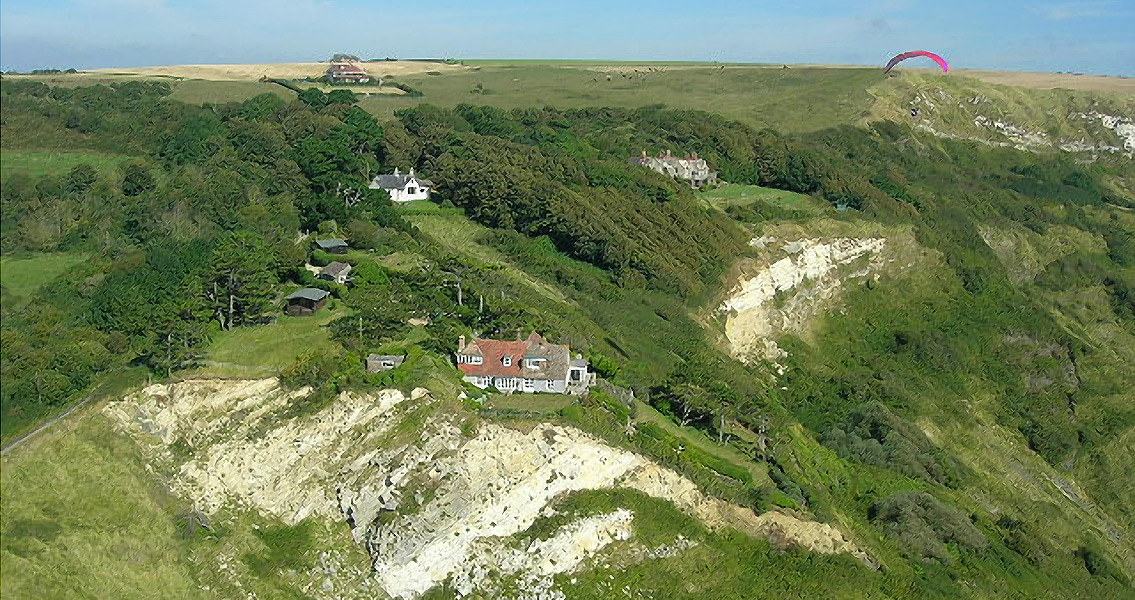<![CDATA[Nowadays, few of us doubt that life in the country is healthier than in the city, what with the high levels of pollution and population density that increase the risks of all sorts of epidemics. Yet it was not always like this, and especially not so in Roman Britain, according to a new study from the Centre for Human Bioarchaeology with the Museum of London. The study, led by Rebecca Redfern, the Centre’s curator for Human Osteology, examined the remains of 344 people who lived between 1 and 500 CE in Dorset. The major find was that those who lived in towns tended to die later than those who lived in the country. Statistically, over a third of the people who lived in Dorchester, 34% to be precise, survived beyond the age of 35. The same was true for just 29.5% of countryside dwellers in Dorset. The difference may not seem very big but it is scientifically significant. What’s more, the authors note that the findings are valid for Dorchester specifically, a relatively small town, and may not be true for the big cities of the Roman empire, such as Rome itself, which was in all likelihood highly polluted and had a much higher population density than Dorchester, says Redfern. The reasons for this difference in longevity can be found in the lifestyles of the two types of population. Countryside dwellers at the time had much harder lives physically, since the great majority worked for the few wealthy landowners, and this involved long hours of hard labour. In addition, their diet was much more basic and unvaried than that of people in towns, so malnourishment was most probably a common problem. Yet not everything was good for town dwellers at the time. One other finding from the study was that children born in the countryside tended to survive beyond the age of 10 more often. Among the 194 skeletons in the sample that had been buried in Dorchester, 43.5% belonged to children who had died before turning 10. The same was true for only 28.6% of the 150 skeletons from the nine countryside cemeteries. According to the research team, this may have been a result of older traditions in child-rearing surviving in the countryside but not so much in towns. In addition to their children getting to live longer, country folk had another advantage over those who lived in towns: better dental health. Here the difference was much more significant. Fragmentary tooth enamel was identified in 28% of the town sample and plaque was present in as much as 70%. At the same time, just 17% of countryside dwellers suffered from fragmentary enamel and 59% had plaque. For cavities, the figure was over 50% for town dwellers and 35% for countryside folk. The obvious reason for these tooth troubles was the diet of town dwellers. Although more nutritious on the whole, it was also more sugary than the diet of country dwellers, since those living in towns had access to goods imported from other parts of the Roman empire. The idea that life is healthier in the countryside was present in Roman Britain as well, it is not a new construct from the industrial age. What this study has suggested is that this was not necessarily true, although the conclusion, as mentioned above, may only be valid for smaller urban settlements and not for large cities. Image courtesy of Wikimedia Commons user: Philip Venn]]>
Towns Were Healthier Than Countryside in Roman Britain
